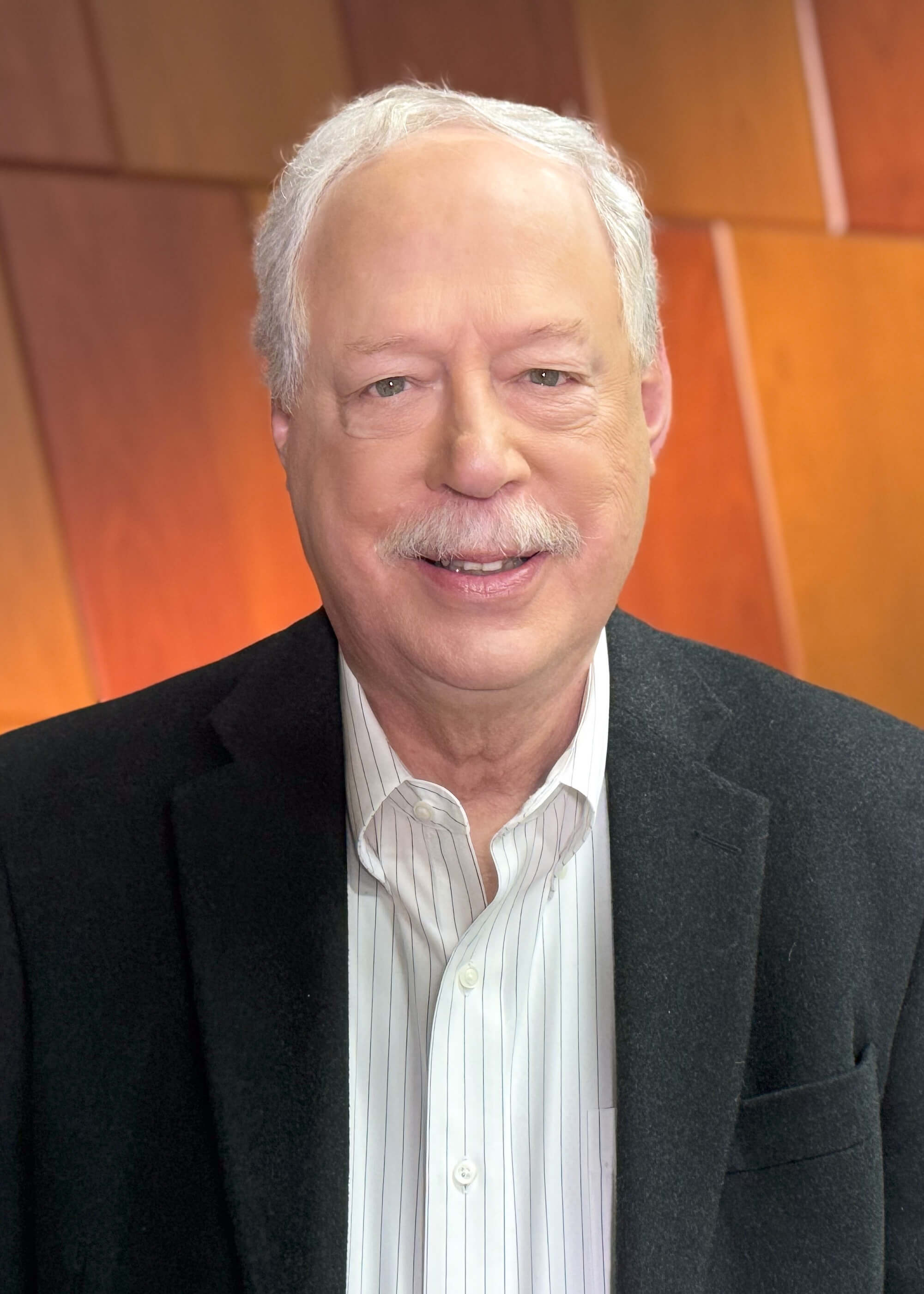The American Society of Hematology has announced that Charles Schiffer, M.D., professor emeritus of the Department of Oncology at the Wayne State University School of Medicine, will be presented with one of two ASH Mentor Awards. Dr. Schiffer will receive the award during the 66th ASH Annual Meeting and Exposition in December in San Diego, Calif.
The Mentor Award recognizes ASH members who have made a difference in the hematology community through mentoring. Each year, the society presents two Mentor Awards to two outstanding mentors from the areas of basic science, clinical investigation, education or clinical/community care.

Dr. Schiffer retired as a hematologist and medical oncologist at the Barbara Ann Karmanos Cancer Institute in 2020. He was the leader of the Hematology Oncology Multidisciplinary Team and is still very active with the team, often participating in panel discussions and other activities. He directed the Hematology and Medical Oncology Fellowship program for approximately 15 years.
Dr. Schiffer’s research focused on platelet and granulocyte transfusion therapy and the treatment of adult leukemias.
Mentoring the next generation of hematologists came naturally to Dr. Schiffer, who leads by example and challenges trainees to remain curious, seize opportunities and think creatively. His mentees have described him as a one-of-a-kind generational teacher and characterize him as a “mentor of mentors.” Dr. Schiffer is widely known for his open-door approach and fine-tuned ability to provide clinical care with rigor, humor and compassion. He has trained many successful clinical investigators whose contributions have substantially influenced leukemia and cancer research and improved patient outcomes.
“Dr. Schiffer is truly a legend in hematology, one that you read about in textbooks and journals. Due to his natural teaching ability and uncanny insight, he was an unparalleled teacher and mentor for countless trainees and colleagues alike. He will be impossible to replace. We will all dearly miss his leadership, words of wisdom, sense of humor and friendship," said Jay Yang, M.D., WSU associate professor of Oncology and KCI Hematology Oncology MDT leader, who stepped into the position after Dr. Schiffer retired.
Dr. Schiffer has wrote or co-wrote more than 360 articles and 80 book chapters on topics concerning the treatment of leukemia in adults, platelet transfusion and granulocyte transfusion therapy. He served on numerous editorial boards, and many professional committees, including as chair of the Leukemia Committee of the Cancer and Leukemia Group B, chair of the Food and Drug Administration Oncologic Drug Advisory Committee and member of the American Board of Internal Medicine – Medical Oncology Board. He has been honored with prestigious awards, including the Dr. John J. Kenney Award from the Leukemia and Lymphoma Society of America, the Celgene Award for Career Achievement in Hematology, and he is an elected member of the Academy of Scholars of Wayne State University, serving as president this past academic year.
In addition, Dr. Schiffer was instrumental in developing the Joseph Dresner Family Clinic for Hematologic Malignancies & Stem Cell Transplantation at Karmanos. In May 2012, the Dresner Family Clinic opened after a generous donation from the Dresner Foundation, whose namesake founder was treated by Dr. Schiffer. In 2015, Dr. Schiffer was named the first endowed Joseph Dresner Chair for Hematologic Malignancies.
“ASH is honored to recognize these outstanding hematologists, whose groundbreaking research, mentorship, and dedication have profoundly advanced the field,” said ASH President Mohandas Narla, DSc, distinguished scientist at New York Blood Center Enterprises. “These visionary leaders have left an indelible mark on hematology and made a lasting impact on the lives of those living with blood disorders.”
ASH is the world’s largest professional society of hematologists dedicated to furthering the understanding, diagnosis, treatment and prevention of disorders affecting the blood. Since 1958, the society has led the development of hematology as a discipline by promoting research, patient care, education, training and advocacy.
This article originally appeared here.